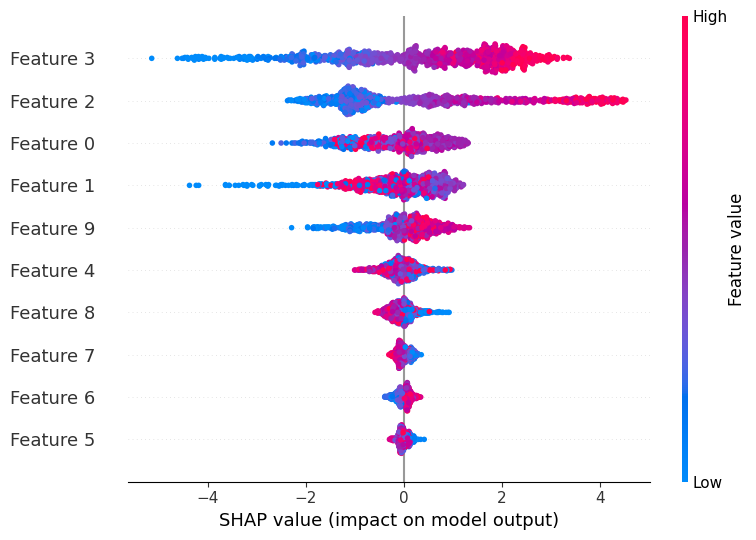What is Machine Learning?
Machine Learning (ML) is a branch of artificial intelligence (AI). It allows computers to learn from data and improve their performance over time without being explicitly programmed for every task.
- Learning from Data: Machines analyze large amounts of data to find patterns.
- Improvement Over Time: As more data is fed to the machine, its ability to make accurate predictions generally increases.
Types of Machine Learning
Machine Learning can be divided into three main types. Each type has its own approach and use cases.
Supervised Learning
- Definition: The machine learns from labeled data, which means each training example has a corresponding answer.
- Example: Predicting house prices based on features like size, location, and number of bedrooms.
Unsupervised Learning
- Definition: The machine learns from unlabeled data, meaning there are no specific answers given.
- Example: Grouping customers based on their purchasing habits without prior knowledge about the groups.
Reinforcement Learning
- Definition: The machine learns through trial and error, receiving rewards or penalties based on its actions.
- Example: Training a robot to navigate a maze by rewarding it when it finds the exit.
Historical Context and Evolution
Check the detailed History & Evolution of Machine Learning.
Machine Learning is not a new concept. Here’s a brief look at its journey:
- 1950s: Groundwork for machine learning by exploring logic, human reasoning, and computation.
- 1956: The Dartmouth Conference, considered the birthplace of AI
- 1960s-2000s: Growth in algorithms and computational power enabled richer model development like neural network, SVM, expert systems, etc.
- 2010s-Present: Explosion of data and advances in deep neural networks lead to breakthroughs in text, image and speech related applications.
Applications of Machine Learning
Machine Learning is used in many areas of our daily lives, including:
- Healthcare: Predicting diseases and personalizing treatments.
- Finance: Detecting fraud and credit scoring.
- Transportation: Self-driving cars using data to navigate safely.
- Retail: Recommender systems suggesting products to customers.
Key Terminologies
Here are some important terms you will encounter in Machine Learning:
- Algorithm: A set of rules or instructions that a machine follows to learn from data.
- Model: The output of the machine learning algorithm after training on data.
- Training Data: The data used to teach the machine.
- Testing Data: The data used to evaluate the performance of the model after training.
- Overfitting: When a model learns the training data too well and performs poorly on new data.
Also read
- Predictive vs Generative Models
- Ethics and Fairness in Machine Learning
- Testing Machine Learning Code Like a Pro
- The difference between Data Scientists and Machine Learning Engineers
Silpa brings 5 years of experience in working on diverse ML projects, specializing in designing end-to-end ML systems tailored for real-time applications. Her background in statistics (Bachelor of Technology) provides a strong foundation for her work in the field. Silpa is also the driving force behind the development of the content you find on this site.
Subscribe to our newsletter!




